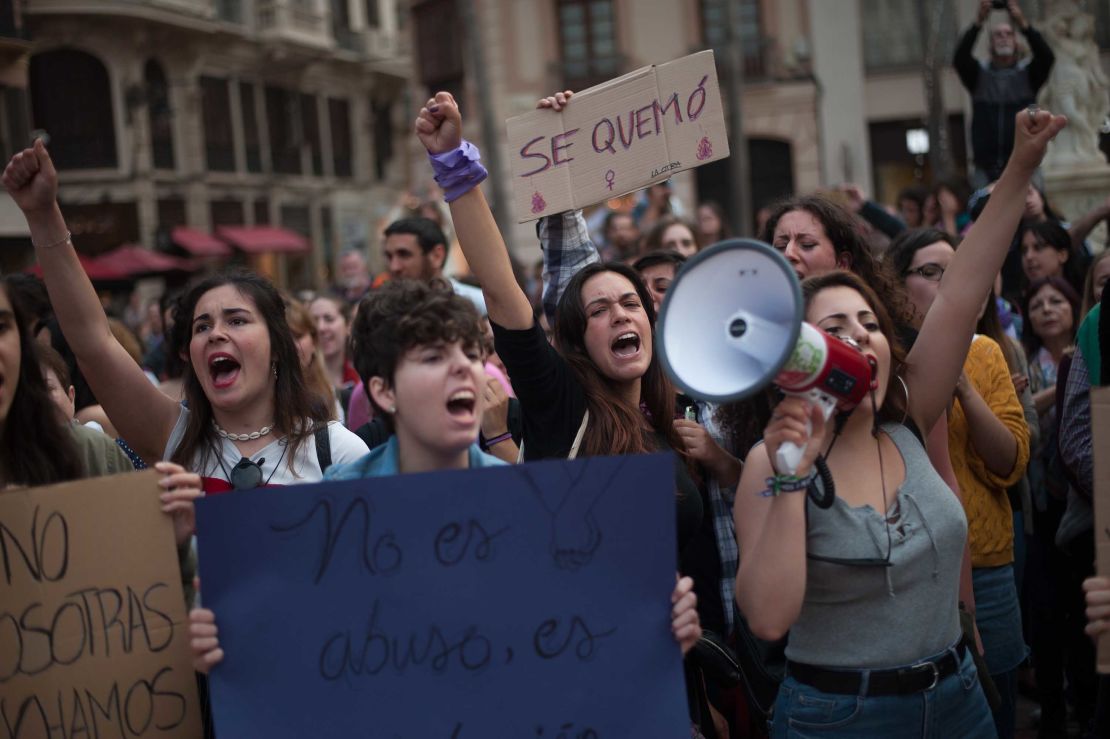In a harrowing revelation, a new study by Save the Children has exposed the alarming extent of digital sexual abuse faced by young people in Spain. Almost 100% of those surveyed reported experiencing some form of sexual abuse online before their 18th birthday. Shockingly, one in five young people said that fake nude images of them were created using artificial intelligence and spread online without their consent, highlighting a surge in technology-facilitated exploitation.
Statistics Reveal Disturbing Reality
According to the report, which surveyed over 1,000 individuals aged 18-21 from March to April 2025, 97% of young people experienced online sexual abuse. This statistic is a stark reminder of the perilous digital landscape that adolescents navigate daily. The findings indicate a significant gap in protective measures and societal awareness surrounding digital safety, particularly for vulnerable youth.
Normalization of Digital Intimacy
The normalization of sharing intimate images among adolescents is a grave concern. Nearly half of the respondents do not perceive any risks in sharing such content, often believing it will garner affection or attention. This misguided belief places them at a higher risk for exploitation and abuse. As reported by Save the Children, many young people are pressured into sending intimate images or face threats of blackmail, particularly girls, who are disproportionately affected.
Technology as a Weapon
The role of technology as a tool for abuse cannot be overstated. The advent of artificial intelligence has enabled the creation of deepfake images, further complicating the issue of consent in digital interactions. A recent case in Alicante illustrates the dangers of AI misuse: a 12-year-old girl was coerced into forwarding a sexual video after being threatened with the release of AI-generated nude images of herself. This incident underscores the urgent need for comprehensive digital education and stricter regulations to protect young people from such predatory behaviors.
Challenges in Reporting and Detection
As Catalina Perazzo, director of influence and territorial development at Save the Children, noted, many cases of online abuse go unreported. The digital environment makes it challenging to detect incidents, contributing to a systemic underreporting problem. The report highlights that while most young people have not personally experienced abusive behavior, they have encountered adults seeking sexual interactions on social media, video games, and streaming platforms. This exposure creates a toxic environment where exploitation thrives.

Spain protests held after 5 cleared of rape in ‘wolf pack’ case in ...
Calls for Legislative Action and Education
In light of these findings, Save the Children advocates for stricter laws and improved digital education to shield children and teenagers from online sexual abuse. The organization emphasizes the importance of recognizing that even voluntary sharing of intimate content carries significant risks. Once an image is shared, control over its dissemination is lost, leading to potential victimization and abuse.
Global Context of Digital Exploitation
This issue is not confined to Spain; it reflects a disturbing global trend where technology is weaponized against the most vulnerable. As nations grapple with the implications of digital exploitation, the need for international cooperation in creating a safer online environment becomes essential. Protecting children from online abuse is not merely a local challenge but a global imperative that demands urgent action from governments, NGOs, and the tech industry.

![[Video] Anti-ICE Protester Pepper Sprayed as CBP Agents Disperse Crowd in Minneapolis](/_next/image?url=%2Fapi%2Fimage%2Fthumbnails%2Fthumbnail-1768260677127-y71sb7-thumbnail.jpg&w=3840&q=75)

![[Video] Several injured as U-Haul truck drives through Iranian protestors in Los Angeles](/_next/image?url=%2Fapi%2Fimage%2Fthumbnails%2Fthumbnail-1768176682028-q95y6j-thumbnail.jpg&w=3840&q=75)
![[Video] Scuffle breaks out between Trump supporters and Anti-ICE protesters in Times Square](/_next/image?url=%2Fapi%2Fimage%2Fthumbnails%2Fthumbnail-1768165958203-hgcgb-thumbnail.jpg&w=3840&q=75)


![[Video] Gunfire between Iraqi security forces and Sadr militias in Baghdad](/_next/image?url=%2Fapi%2Fimage%2Fthumbnails%2Fthumbnail-1768343508874-4redb-thumbnail.jpg&w=3840&q=75)
